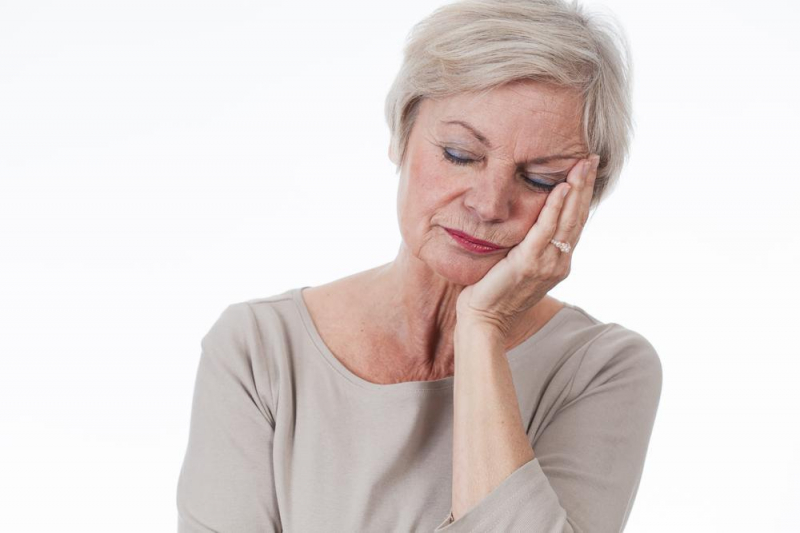Postmenopause
Postmenopause is a phrase used to describe the period of time following menopause. When you reach postmenopause, your monthly cycle has been absent for more than a year. Your reproductive years are over at this point in your life, and you are no longer ovulating (releasing eggs). The menopausal symptoms you've previously felt could get better or go entirely. A decade or longer following menopause, some women, however, continue to have menopausal symptoms.
Perimenopause, menopause, and postmenopause are the three stages of menopause. The period preceding menopause is known as the perimenopause. It refers to a period of time when hormone levels begin to drop and menstrual cycles become unpredictable and irregular. You can begin to experience menopausal symptoms including vaginal dryness or hot flashes. When you cease producing the hormones that trigger your monthly period and have gone a full 12 months without having a period, you enter menopause. After this happens, postmenopause sets in. The period following menopause is referred to as postmenopause. As soon as this occurs, postmenopause sets in for the rest of your life. Postmenopausal women are more susceptible to heart disease and osteoporosis than other women.







